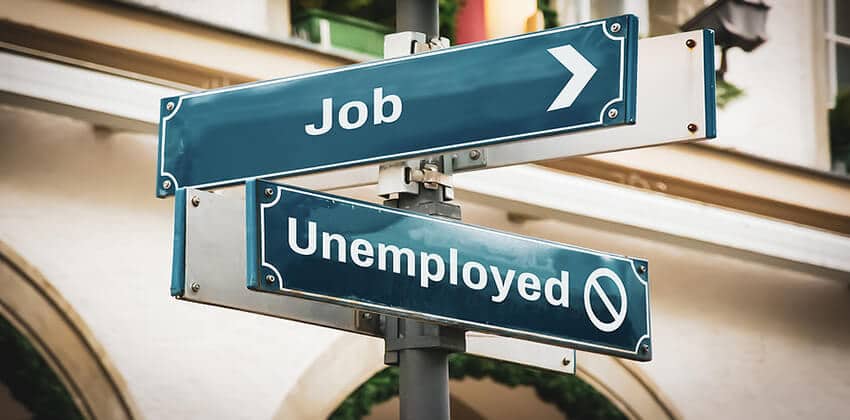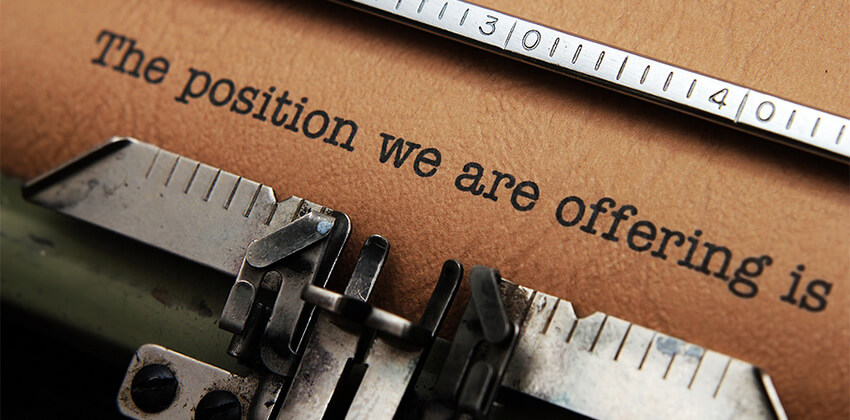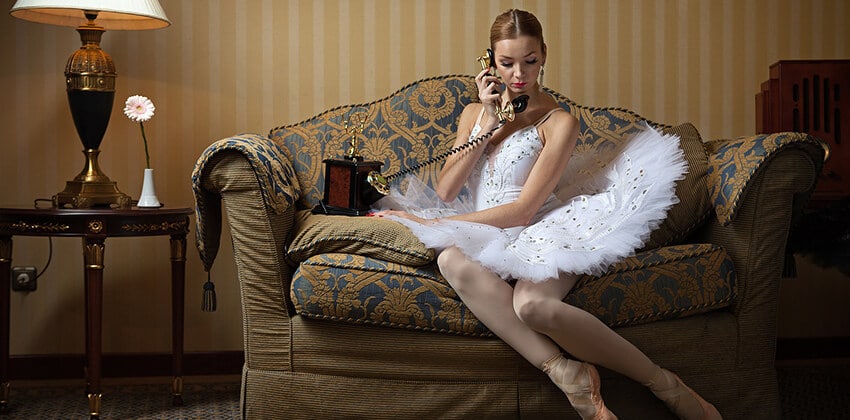
There’s old conventional wisdom that says it’s easier to get a new job while you’re in a job, rather than when you’re unemployed.
Why is that? Simply because employers are biased against the unemployed? Or is there something else going on?
So What Is Happening?
While there are some employers who have biases against people who are unemployed, generally that bias is not true in the vast majority of cases.
These employers may believe that if someone was let go from a previous position, there must have been a reason for it.
Their assumption: companies generally don’t want to lose their best people, so if you were let go, you must not have been that good.
The reality is that, when companies are looking to make drastic cuts to their budgets, they often chop with an axe instead of carving carefully with a scalpel to keep the people they want. They often eliminate entire divisions, departments, or teams. Sometimes they make decisions purely based on seniority or job functions. Sometimes they look for the biggest salaries to cut, or other arbitrary criteria that have nothing to do with an individual’s performance.
A bias against unemployed or laid-off candidates is the exception rather than the rule since it is not a solid criteria for evaluating a prospective employee.
Avoid Being Too Eager
More often than not… unemployed candidates are too eager! While employers want to find candidates who are enthusiastic, passionate, and have a desire to be at their organization, unemployed candidates often stand out as taking it a little too far.
Employed candidates, who don’t need a new job, generally spend their time evaluating the employer as much as the employer is evaluating them. They are more “hard to get.”
Similar to dating… generally the person who is a little harder to get is often perceived as more attractive than the one who is too “easy.” To an employer, the hard-to-get candidate is perceived as more confident and professional.
How does “too eager” look in an interview?
- They are overly agreeable. Regardless how a position or work environment is described, the over-eager candidate says it sounds great.
- They sometimes stretch their abilities. In fear of sounding under-qualified, over-eager candidates sometimes exaggerate their experience and skills. Claiming to have solid experience where they may only have had exposure.
- They ask superficial questions. Instead of digging into the culture, job duties, management style and other factors that would impact them directly as an employee. They ask generically about the company’s strategy, financial outlook, or other directly applicable questions.
How have you looked to a potential employer? A little over-eager, or somewhat hard to get? You may find that a slight shift in your perspective can give you better results!
Don’t Look Like a Potential “Bad Hire”
Hiring someone who doesn’t work out – a “bad hire” – is a very expensive thing for any employer to do:
- Staff time and resources may be lost trying to help that employee succeed.
- The employee’s responsibilities may not be met appropriately, negatively impacting other employees and other parts of the organization.
- The organization must go through the process of terminating the employee or moving that person to a more appropriate spot, if one is available.
- The organization must go through the whole expensive process of recruiting someone all over again.
And, the person who selected the “bad hire” doesn’t look very smart or capable to his or her boss, either (imagine how picky they will be next time).
Of course, things aren’t rosy for the person who was the bad hire, either!
- They are typically back in a job search much too soon, often within a matter of a few days to a few weeks.
- They probably don’t have good references from that former employer.
- They have the added burden of having something difficult to explain to the next hiring manager they meet.
Bottom Line on “Is It Harder to Get a Job if You Are Unemployed”
It doesn’t have to be. If you are unemployed, try to approach your job search with the mind set of someone who still has a job. Don’t eagerly talk your way into any job – particularly an inappropriate job. Avoid becoming the “bad hire” who is job hunting again, too soon. Be more thoughtful and careful in your approach to landing your next job so you are the “good hire” who happily stays a long time, is well-paid, and adds great accomplishments to your resume.
More About Being Hired
About the author…
Harry Urschel has over 25 years experience as an independent recruiter in Minnesota. He currently operates as e-Executives, writes a blog for Job Seekers called The Wise Job Search, and can be found on Twitter as @HarryUrschel and on LinkedIn.
Don't forget to share this article with friends!




